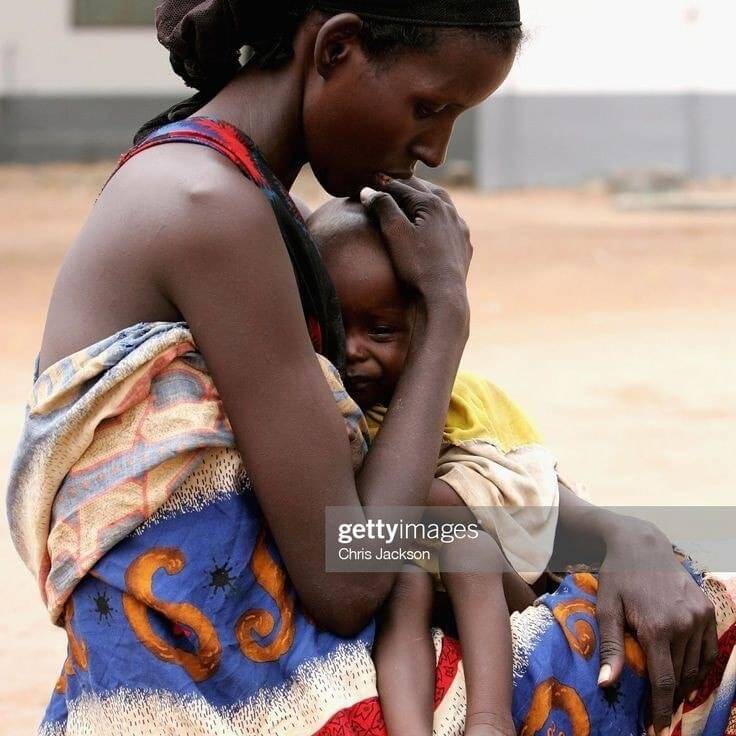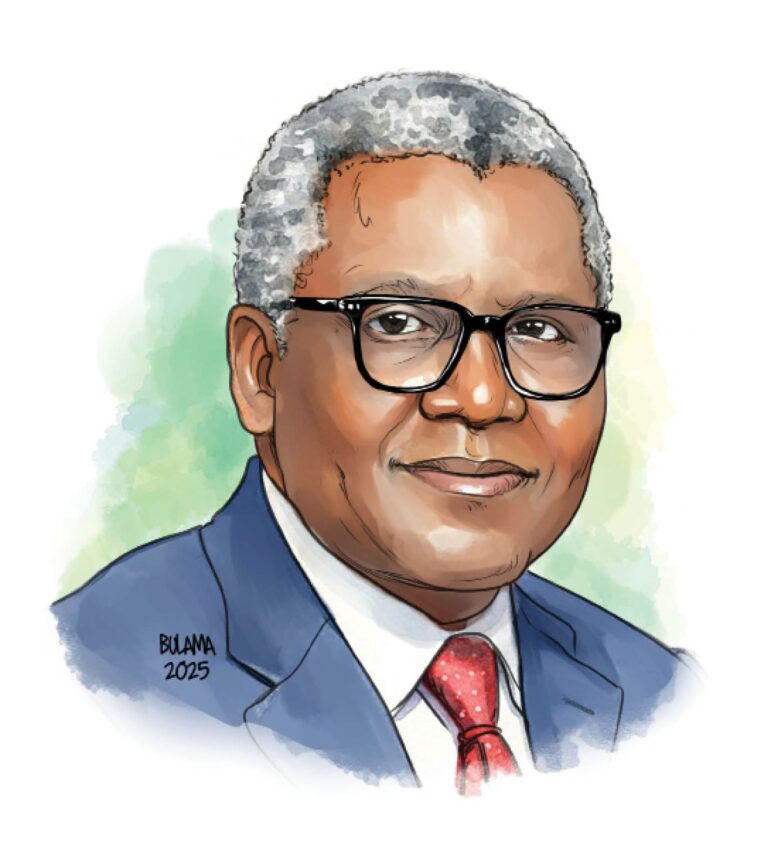
As we commemorate Children’s Day, it is crucial to reflect on the future of our nation, Nigeria. The children of today will be the leaders, innovators, and change-makers of tomorrow. To ensure a prosperous and sustainable future, it is imperative that the Nigerian government places education at the forefront of its priorities. By investing in quality education for all children, we can unlock their full potential and build a brighter future for our nation.
Investing in Human Capital:
Education is the cornerstone of human development and progress. It empowers individuals, eradicates poverty, and drives economic growth. By prioritizing education, the Nigerian government can invest in its most valuable resource—its people. By equipping children with the necessary knowledge and skills, we are laying the foundation for a prosperous future and creating a workforce that can compete globally.
Breaking the Cycle of Poverty:
Education is a powerful tool for breaking the vicious cycle of poverty. It provides children with opportunities for upward social mobility, enabling them to escape the grip of poverty that may have plagued their families for generations. By prioritizing education, the Nigerian government can empower children to overcome the barriers that hold them back, equipping them with the knowledge and skills needed to secure better job prospects and improve their living conditions.
Fostering Social Cohesion and Tolerance:
Education plays a pivotal role in fostering social cohesion and tolerance in a diverse country like Nigeria. By providing children with quality education, we can promote inclusivity and understanding among different ethnic, religious, and socio-economic groups. Education cultivates empathy, critical thinking, and respect for diversity, helping to bridge societal divides and foster a sense of unity and national pride.
Combatting Social Challenges:
Nigeria faces various social challenges, including gender inequality, child labor, early marriage, and the lack of access to basic healthcare. By prioritizing education, the government can address these issues at their root. Education empowers girls and women, reduces child labor, and raises awareness about health and hygiene practices. It empowers children with the knowledge to make informed decisions and protect themselves from exploitation.
Harnessing Innovation and Entrepreneurship:
Investing in education fuels innovation and entrepreneurship. By nurturing a culture of creativity, critical thinking, and problem-solving from a young age, we can unleash the entrepreneurial spirit of Nigerian children. Quality education equips them with the skills needed to tackle complex challenges, create new opportunities, and contribute to the growth and development of our nation.
As Nigeria celebrates Children’s Day, it is crucial that we recognize the pivotal role education plays in shaping the future of our nation.
By prioritizing education, the government can unlock the full potential of Nigerian children, break the cycle of poverty, foster social cohesion, address social challenges, and harness innovation and entrepreneurship. Investing in education today is an investment in the future of Nigeria—a future where our children can thrive, lead, and shape a prosperous and sustainable nation. Let us prioritize education, empower our children, and pave the way for a brighter tomorrow.







